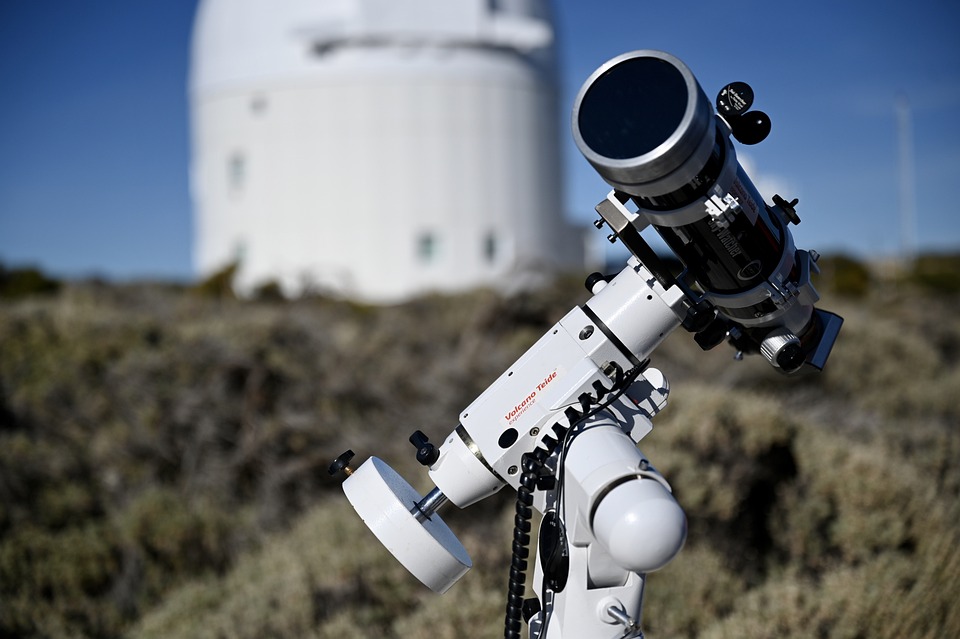Balancing a demanding career with a passion for stargazing can feel like an astronomical challenge in itself. Yet, many find that blending these two worlds can bring a unique sense of fulfillment and joy. Whether you are an amateur astronomer, a seasoned astrophotographer, or simply enjoy a nightly gaze at the stars, balancing work and stargazing requires thoughtful planning and dedication.
Combining Work with Stargazing: strategies for Harmonizing Your Dual Passions
Finding harmony between professional obligations and a stargazing hobby demands a strategic approach. For many, work takes up the bulk of the day, leaving little time or energy for extracurricular activities. The good news is that stargazing, by nature, is a nighttime pursuit, which can complement typical daytime work hours. However, it is not just about having the time; it’s about making the time meaningful and productive.
Creating a structured schedule can be an effective first step. Allocate specific nights for stargazing, particularly when celestial events such as meteor showers or lunar eclipses are expected. This planning ensures that your hobby does not become an afterthought, but an anticipated and cherished activity. A stargazer’s calendar, marked with key astronomical events, can serve as a guide to balance your responsibilities with your passion.

Maximizing Time Efficiency
Efficiency is key when juggling a busy work life with stargazing. By maximizing your available time, you can enjoy the night sky without sacrificing work performance. One way to do this is by consolidating tasks to free up more evening hours. For instance, using lunch breaks or early mornings for less demanding work tasks can allow for earlier departures in the evening.
Additionally, consider using remote work options to create a flexible schedule. If possible, adjust your working hours to allow for a longer break during prime stargazing hours. Being proactive in communicating these needs with your employer can help create a work-life balance that accommodates your hobby.
Creating the Ideal Stargazing Environment
Setting up a dedicated stargazing space can enhance your experience and make your hobby more accessible, even on workdays. Whether it’s a small section of your backyard or a portable setup you can take to dark-sky locations, having a prepared environment reduces the effort needed to engage with your hobby.
In addition to the physical setup, ensuring you have the right equipment is essential. A good quality telescope, binoculars, and appropriate clothing for nighttime conditions can make a significant difference in your stargazing sessions. By keeping your gear organized and ready, you minimize the time spent on preparation, allowing for more time under the stars.
Integrating Stargazing with Family and Social Life
Stargazing doesn’t have to be a solitary activity. Integrating this hobby with your family or social life can create shared experiences and enhance your enjoyment. Involving your loved ones in stargazing sessions can turn a solitary pursuit into a bonding opportunity. Whether it’s with your partner, children, or friends, sharing the wonders of the night sky can be a deeply rewarding experience.
Consider organizing stargazing events with friends or joining a local astronomy club. This not only provides a social aspect to your hobby but also helps in building a community that shares your passion. Connecting with others who are equally fascinated by the cosmos can add depth to your experiences and provide support in balancing your hobby with your work life.
Prioritizing Self-Care and Mental Health
Balancing work and stargazing is not just about time management; it’s also about maintaining your well-being. The excitement of pursuing a hobby like stargazing can sometimes lead to late nights and lack of sleep, especially when trying to catch a glimpse of rare celestial events. It’s important to prioritize rest and self-care, ensuring that your passion does not detract from your overall health.
Listen to your body and recognize when you need to rest. Incorporating relaxation techniques such as meditation or yoga can help manage stress and keep your energy levels balanced. This way, you can approach both work and stargazing with enthusiasm and vitality.
To effectively balance work with stargazing, consider the following tips :
- Plan ahead: use calendars and alerts to schedule stargazing sessions around significant celestial events.
- Maximize efficiency: organize work tasks to free up evening hours, and consider flexible work arrangements if possible.
- Prepare your environment: set up a dedicated stargazing space and keep equipment ready for use.
- Involve others: integrate stargazing into your social life by involving family and friends or joining astronomy clubs.
- Take care of yourself: ensure you get enough sleep and manage stress to maintain a healthy balance.
Embracing the Journey
Balancing a career with a stargazing hobby can be an ongoing journey of self-discovery and fulfillment. Each night spent under the stars offers a moment of reflection and wonder, providing a counterbalance to the pressures of daily work life. Embracing this balance requires a mindset that values both productivity and passion, recognizing that each can enhance the other.
As you continue to explore the cosmos, remember that the key to harmony lies not just in scheduling and efficiency, but in the joy that stargazing brings. Allow yourself to be captivated by the night sky, and let that sense of wonder enrich both your personal and professional life.

